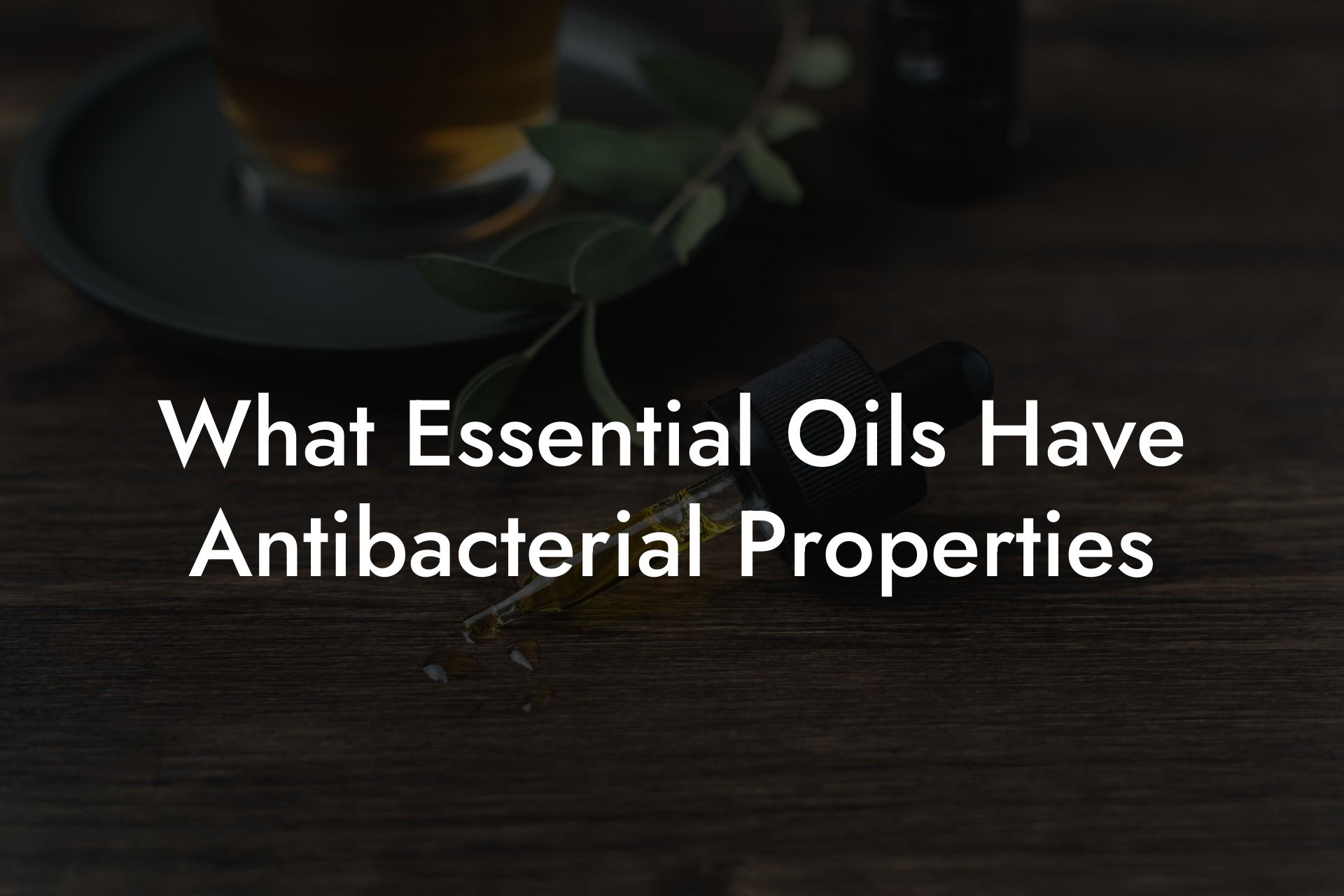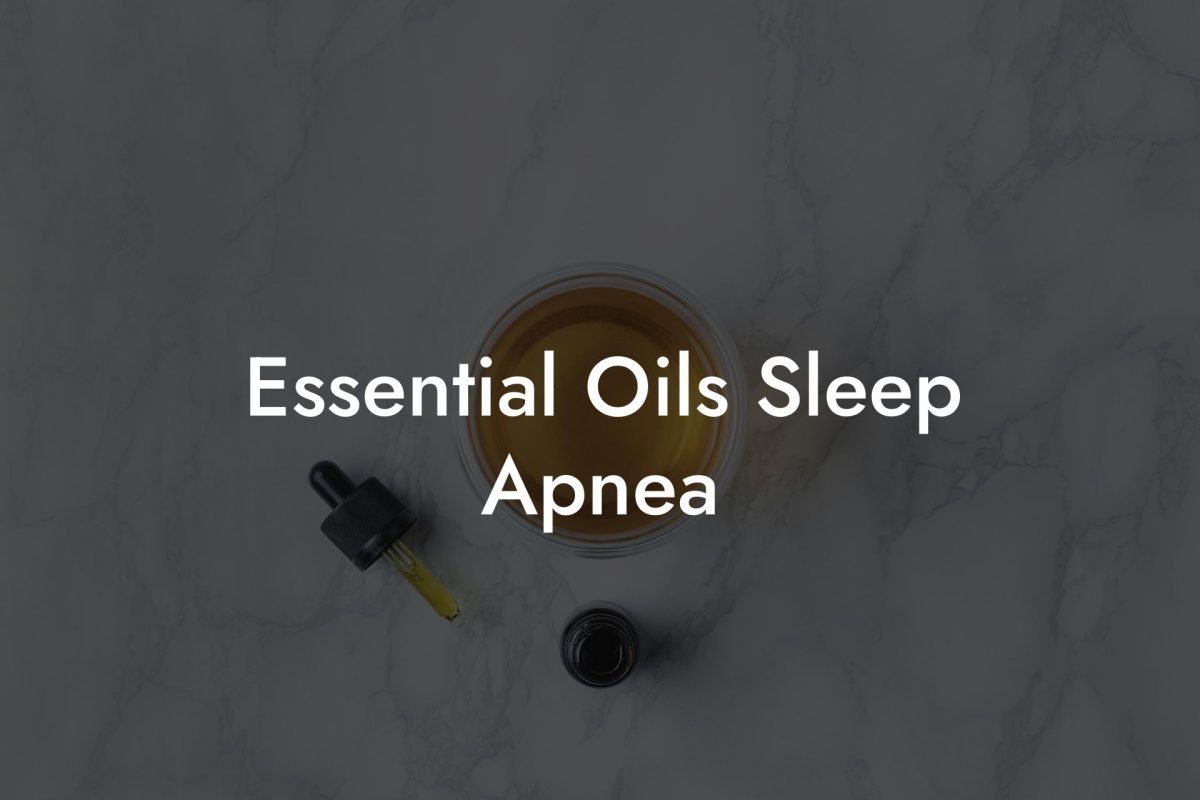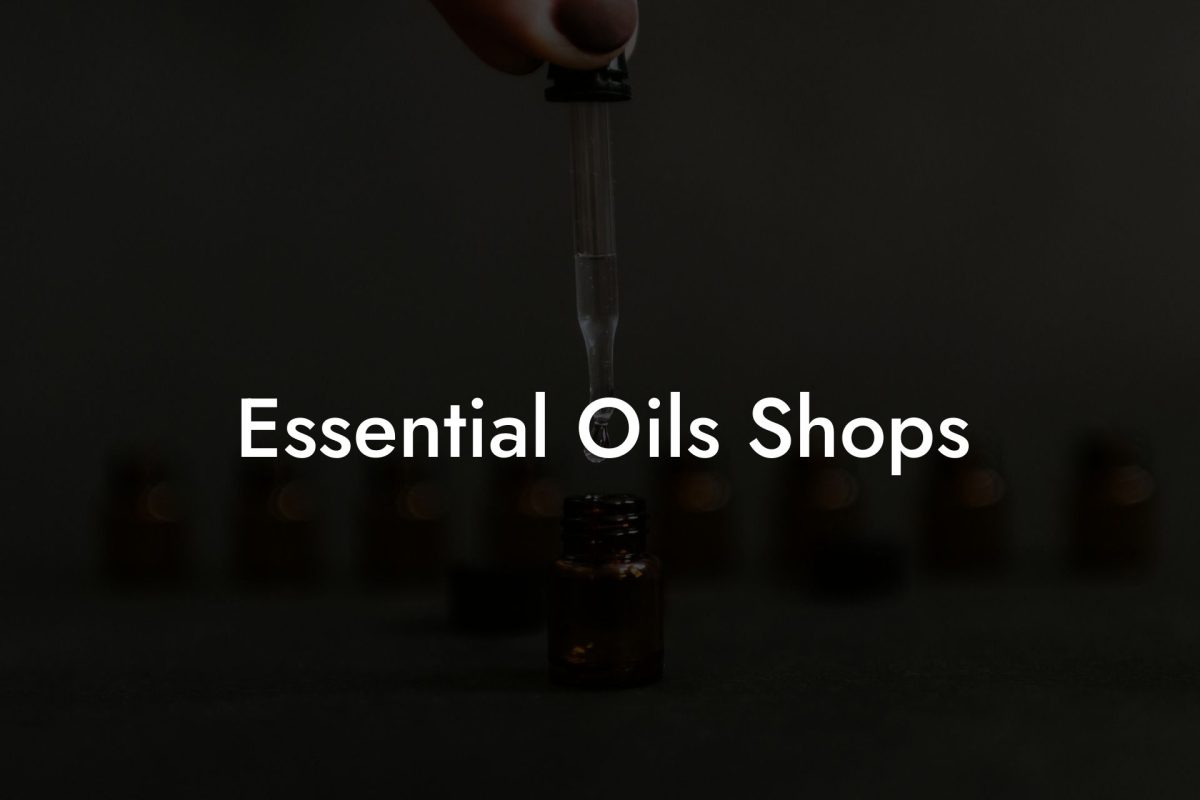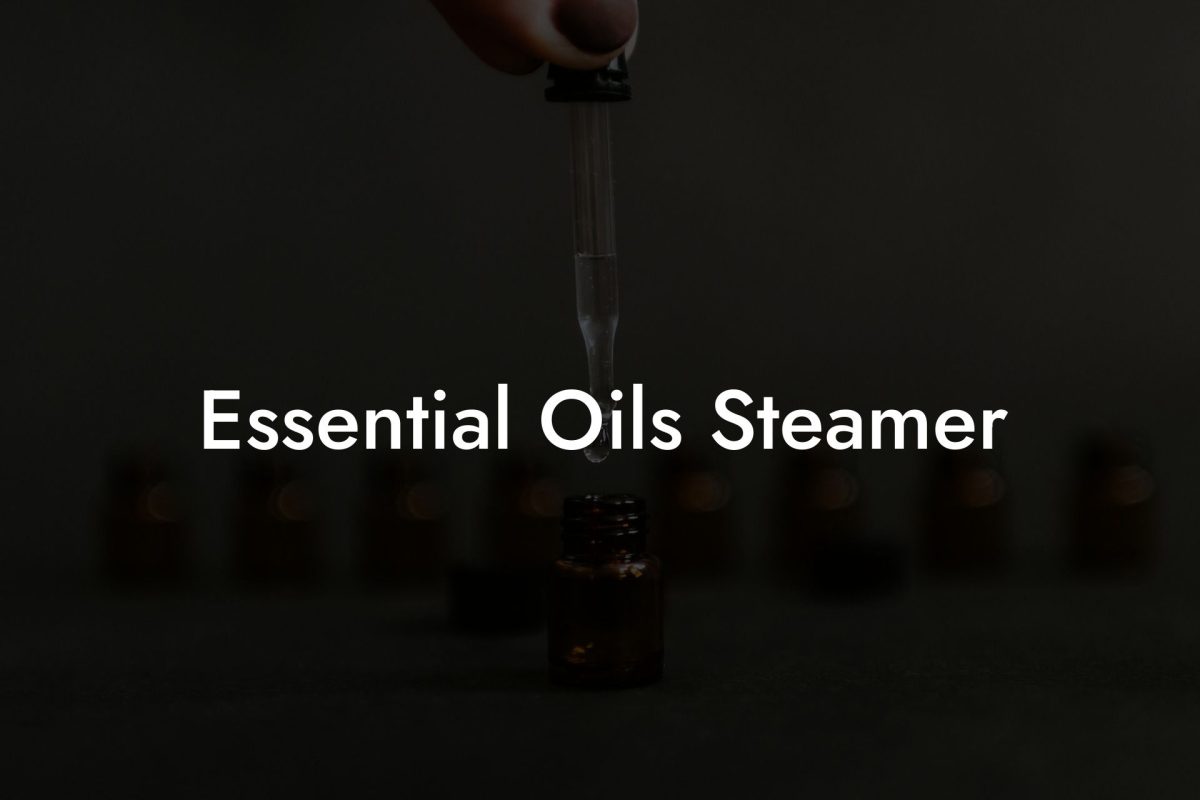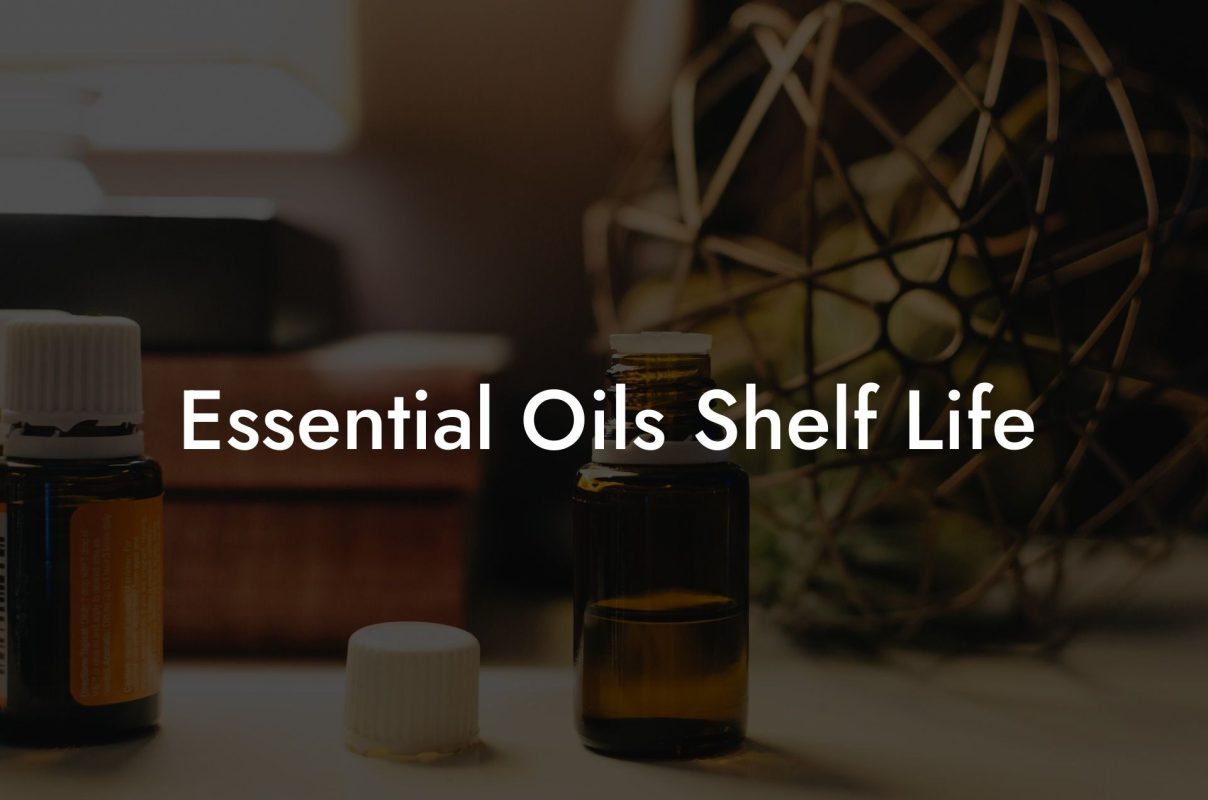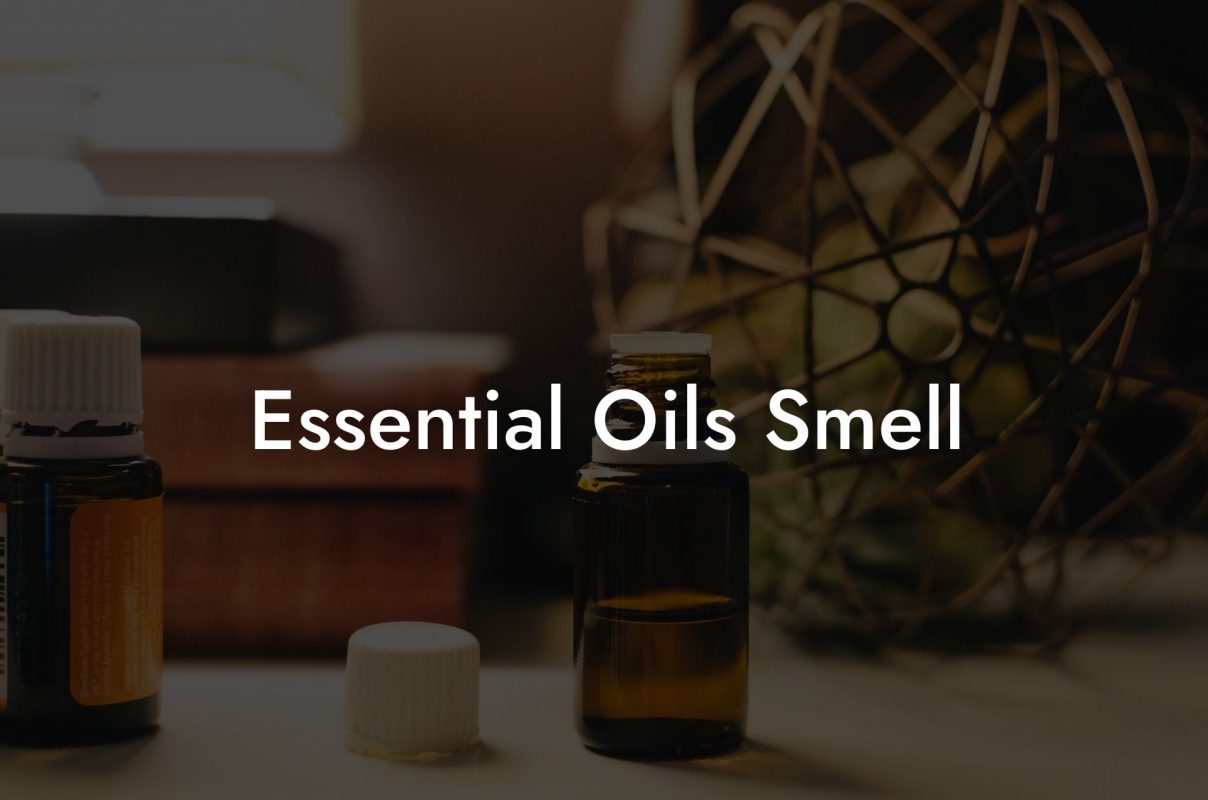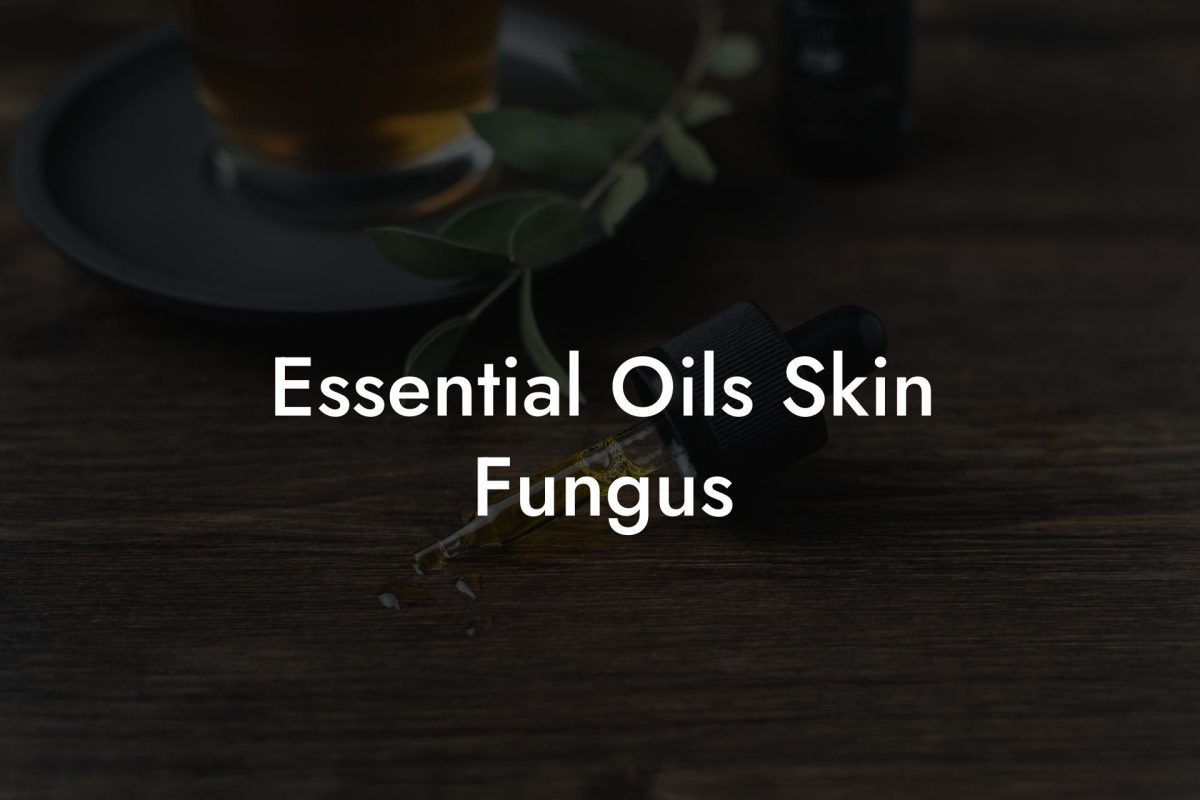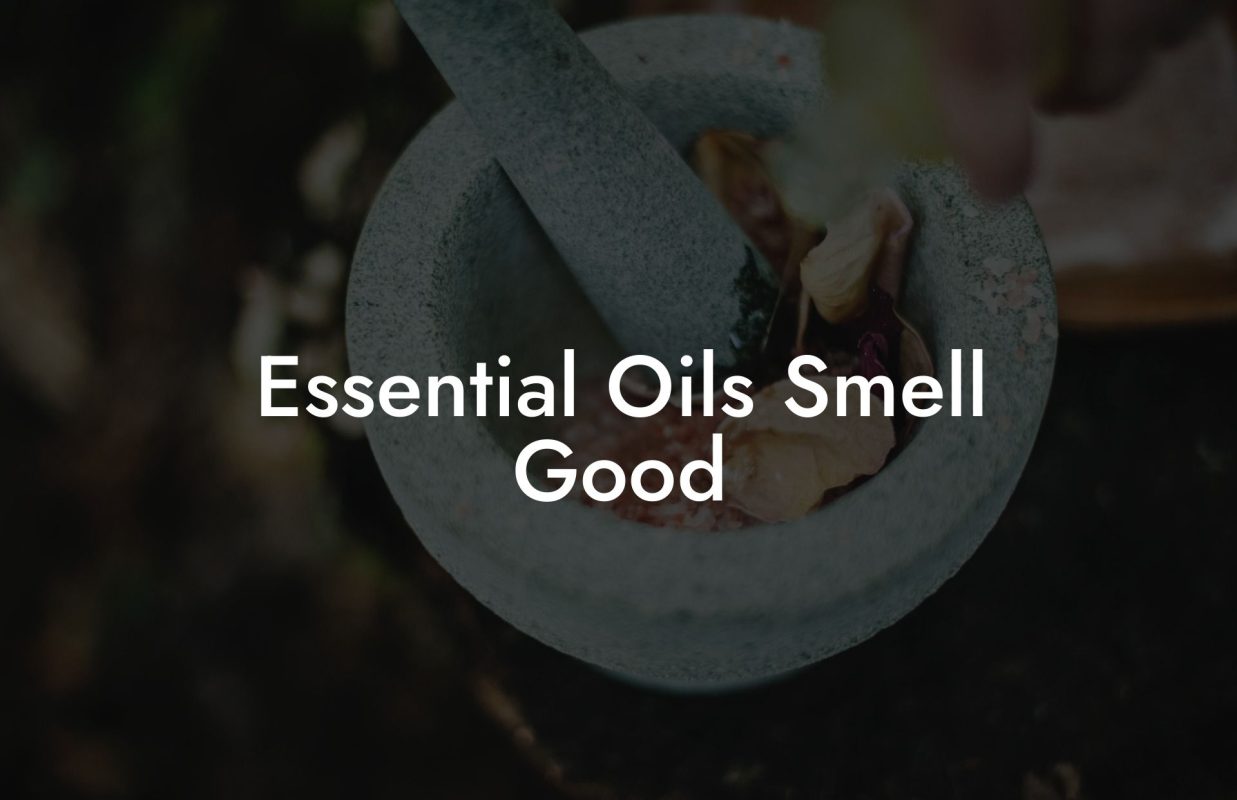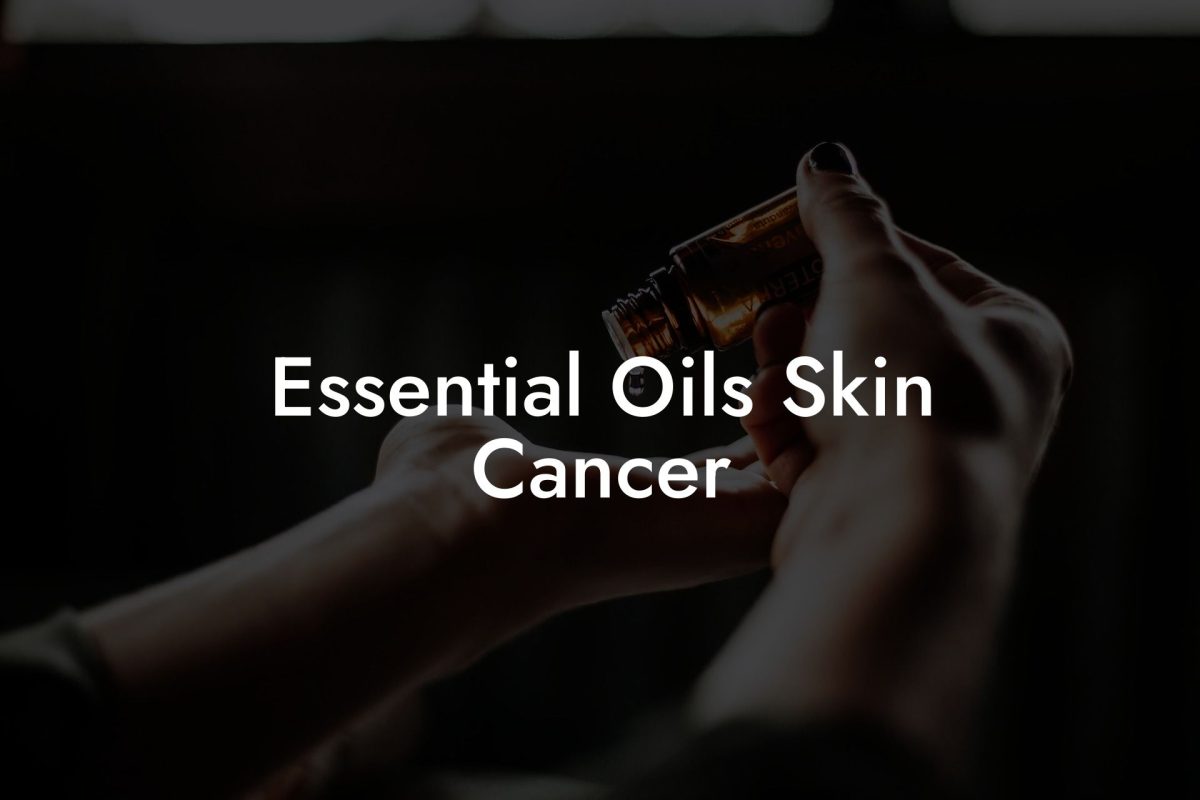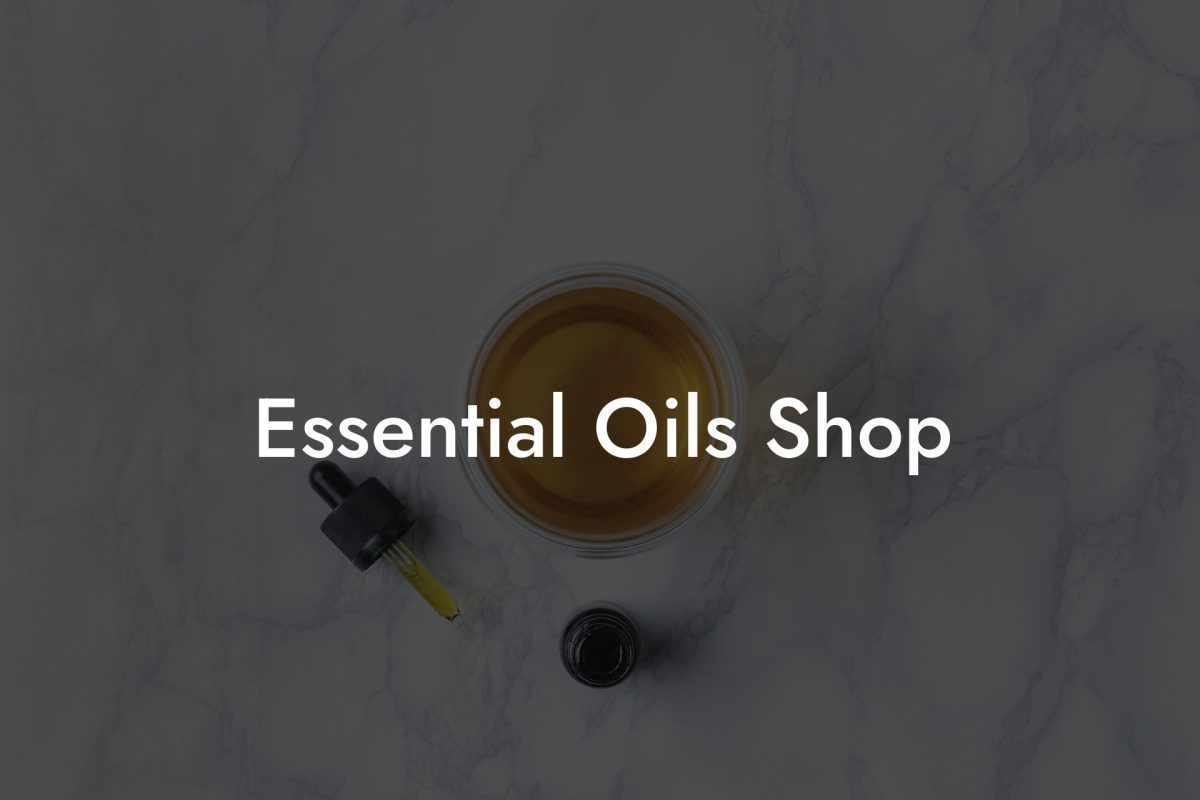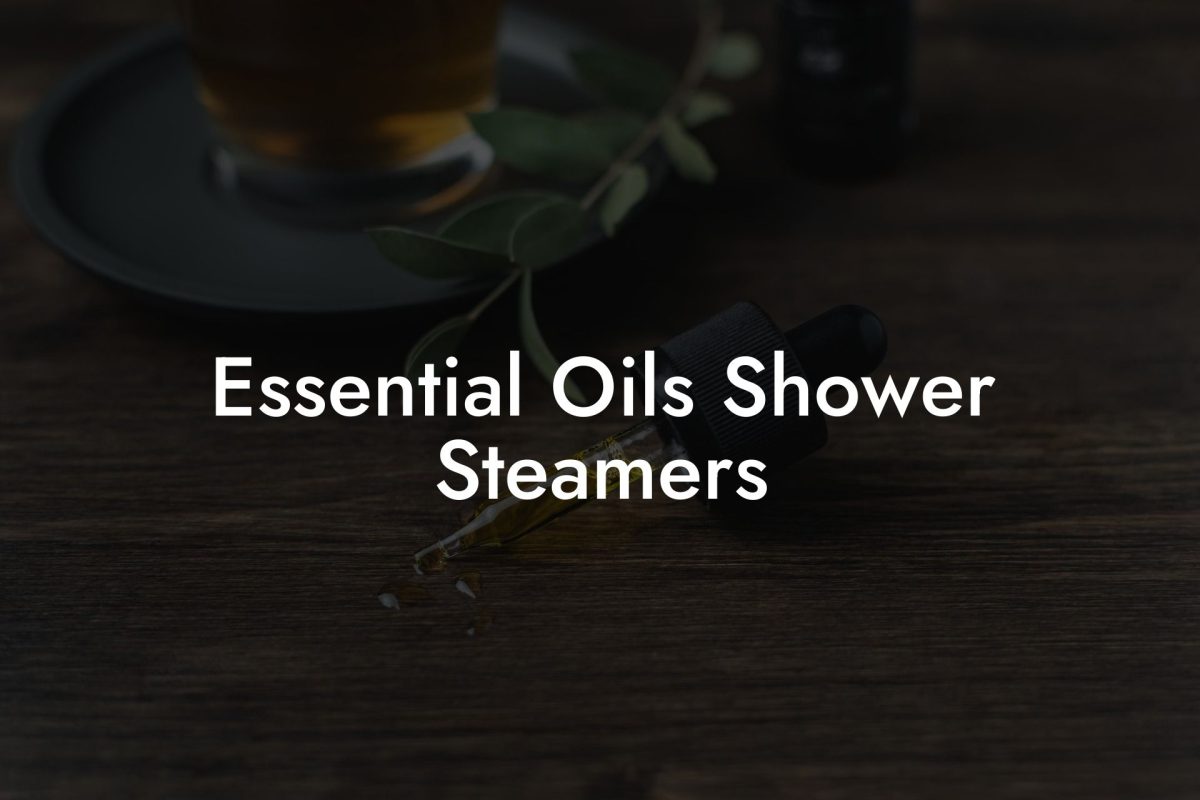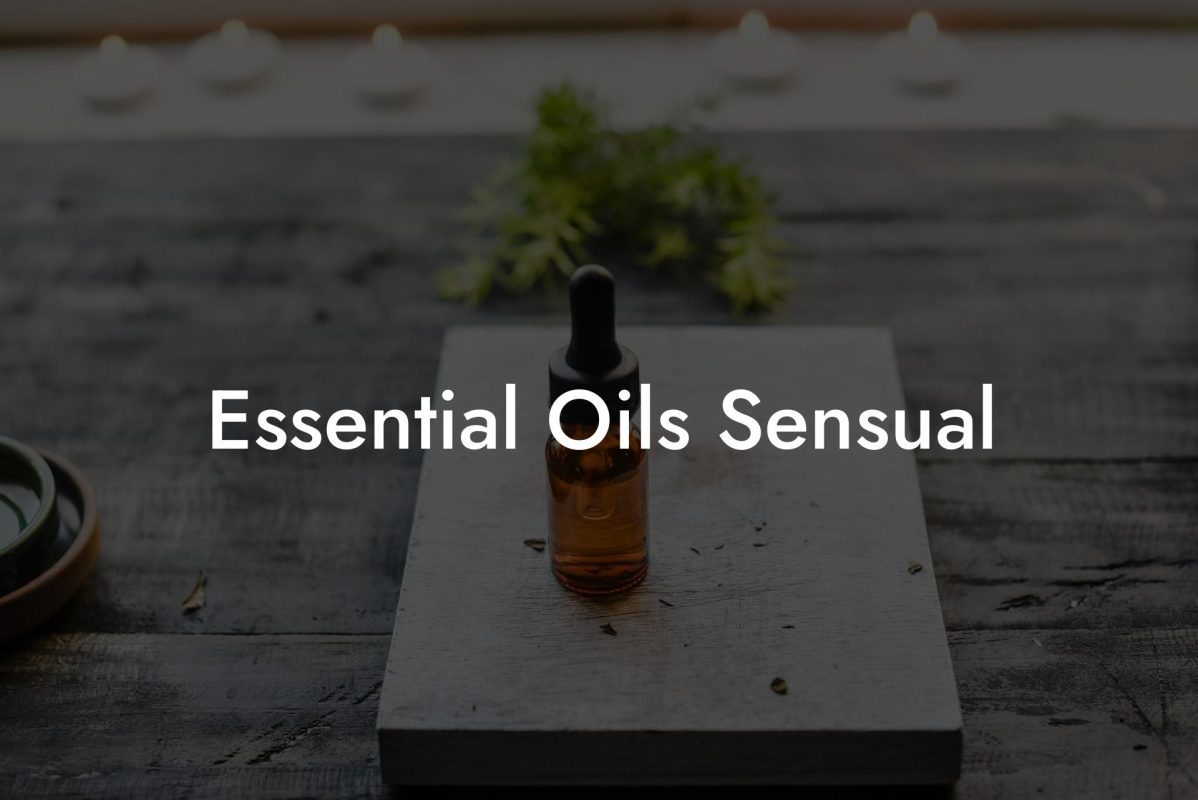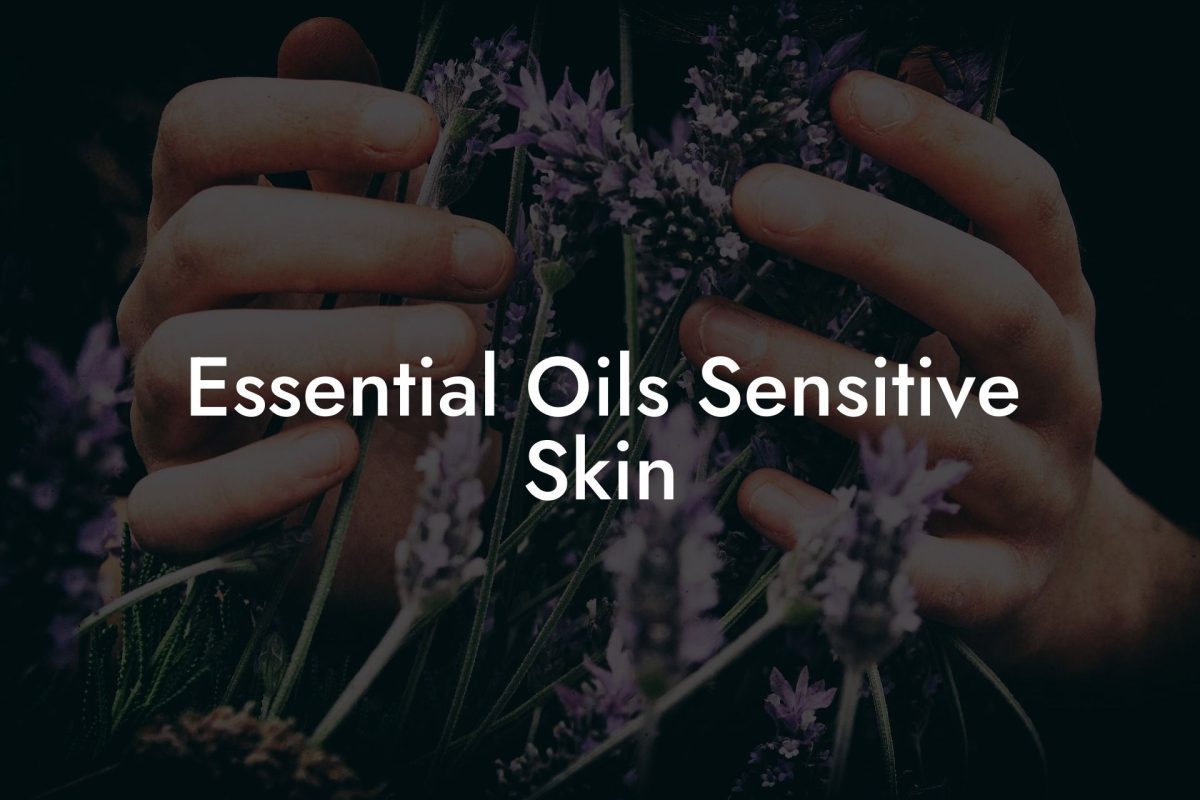Are you seeking a natural alternative to traditional antibacterial solutions for your home and personal wellbeing? Look no further! Essential oils not only possess enchanting fragrances and therapeutic properties but also display powerful antibacterial qualities that can support a healthy and balanced living environment. In this comprehensive guide, we’ve put together all the information you need to harness the power of these botanical gifts to promote a cleaner, more purified space.
Table of Contents
The Science Behind Antibacterial Essential Oils
Many essential oils contain natural compounds that have been proven to inhibit the growth of various strains of bacteria, viruses, and fungi. These compounds include terpenes, phenols, and aldehydes, which can attack the cell walls of microbes and render them ineffective. Some of these essential oils have even demonstrated effectiveness against antibiotic-resistant bacteria, making them a valuable natural alternative for a wide range of applications.
Finding the Right Antibacterial Essential Oils for You
Not all essential oils possess antibacterial properties, so it’s important to know which oils are the most effective. Here’s a list of some of the best antibacterial essential oils, recommended by our expert aromacologists:
1. Tea Tree Oil
Tea tree oil, derived from the Australian native plant Melaleuca alternifolia, is known for its powerful antiseptic and antimicrobial properties. It’s effective against a broad range of bacteria, including E. coli and Staphylococcus aureus.
2. Eucalyptus Oil
Eucalyptus has long been used for its respiratory benefits and immune-supporting properties, but it also exhibits strong antibacterial activity. It is particularly effective against Streptococcus pneumoniae, the bacteria responsible for pneumonia and respiratory infections.
3. Lavender Oil
Lavender oil is widely known for its calming and soothing abilities, yet it also has excellent antibacterial properties. It is effective against a variety of bacteria, including E. coli and Streptococcus agalactiae.
4. Peppermint Oil
Peppermint oil has a refreshing scent and invigorating sensation, but it is also a powerful antibacterial agent. It is especially effective against Staphylococcus aureus and Listeria monocytogenes.
5. Thyme Oil
Thyme oil is a potent antibacterial and antifungal oil that has been shown to be effective against various strains of bacteria, including S. aureus and E. coli, as well as foodborne pathogens such as Salmonella and Listeria.
6. Oregano Oil
Oregano oil is well known for its potent antimicrobial properties, thanks to its high content of the compound carvacrol. It is effective against a variety of bacteria, including E. coli and Pseudomonas aeruginosa.
How to Use Antibacterial Essential Oils
There are several ways to incorporate these essential oils into your daily routine to harness their antibacterial properties:
- Diffusion: Utilize a diffuser to diffuse the essential oils into the air, helping to purify your environment and eliminate airborne bacteria.
- Surface Cleaning: Add a few drops of antibacterial essential oils to a spray bottle filled with water and a small amount of natural cleaning agent, and use it to clean surfaces in your home.
- Hand Sanitizer: Combine a few drops of antibacterial essential oils with a carrier oil or aloe vera gel to create a natural hand sanitizer.
- Bath and Body Care: Add a few drops of antibacterial essential oils to your bath, shower gel, or body lotion to promote a healthy, bacteria-free environment.
What Essential Oils Have Antibacterial Properties Example:
Imagine you’re getting ready for bed and want to ensure a clean and bacteria-free sleeping environment. You can diffuse a combination of lavender and eucalyptus oils to not only create a relaxing and soothing atmosphere but also purify the air and eliminate any potential pathogens. To take it a step further, you could also add a few drops of tea tree oil to your laundry detergent when washing your bed linens, ensuring they remain fresh and bacteria-free.
We hope this extensive guide on antibacterial essential oils helps enhance your daily life by showcasing the power of these plant-based solutions for a cleaner, healthier environment. Don’t forget to share this valuable information with your loved ones and encourage them to explore the benefits of essential oils as well. Be sure to check out our other informative guides on the Oshu Oils blog, which cover a wide range of topics on essential oils and aromacology. And if you’re interested in incorporating any of these amazing antibacterial essential oils into your daily routine, do browse the Oshu Oils collection, where you’ll find high-quality, expertly blended options to suit your needs.

